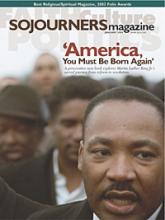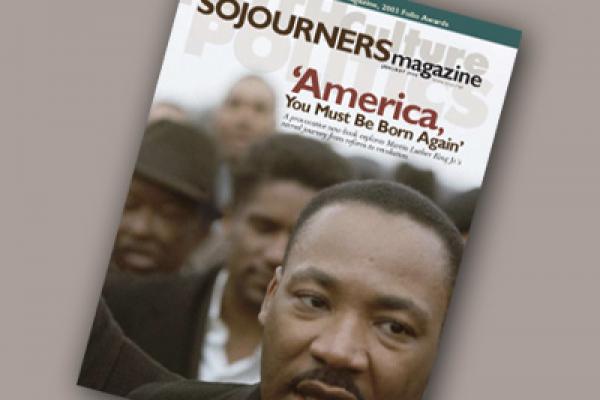Sometimes the call to action can feel overwhelming. The needs of the world are so great and we are so small that our attempts to respond feel futile. How can we do anything of value when faced with such great need? The temptation is to do nothing. But in those times we can remind ourselves of the story of Rizpah, a woman with very little, who changed her world simply by doing what she could. Tucked away at the end of 2 Samuel, the story is one of the hidden gems of the Hebrew scriptures. But the passage tells a story of such courage, gentleness, and transformation that it is hard not to be affected by it.
The story, found in 2 Samuel 21:1-14, begins with famine. The country has been wracked with deprivation and hunger for three long years; eventually David asks God the reason for it. God answers that it is due to "bloodguilt" on the house of Saul, who earlier attempted to wipe out the Gibeonites from the land. David responds by asking the Gibeonites what he can do to make up for this oppression. The Gibeonites say that the situation has gone too far for a fine or the death of one person; retribution can only be made by handing over seven of Saul’s descendants to be killed. David allows this, and their bodies are left on the mountain.
Read the Full Article

